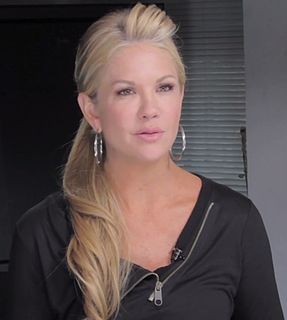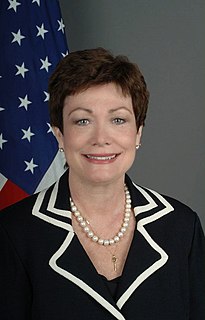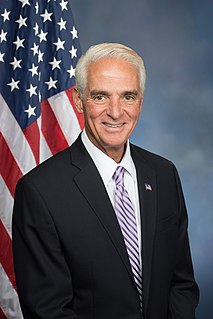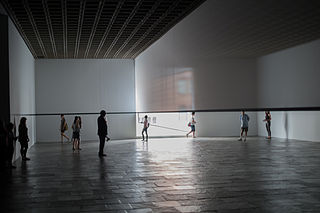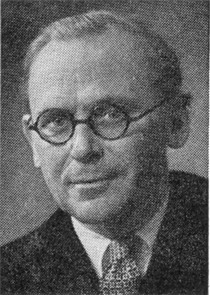A Quote by Nancy O'Dell
I do a lot of work with the Red Cross, too. As a reporter, before I went to entertainment news, I tended to follow natural disasters. I went to Charleston, South Carolina, after Hurricane Hugo. I went to Miami the year after they were recovering from Hurricane Andrew. I came to California when they were recovering from a big earthquake. I've seen the Red Cross and how they stay there years after a natural disaster. They're not just there when a disaster is happening.
Quote Topics
Related Quotes
After 9/11, the American Red Cross received more than half a billion dollars in donations to help the victims of the terrorist attacks. The families of the victims were already well-provided for by various government funds, so Red Cross simply drew a line across lower Manhattan and offered everyone there financial assistance, whether they needed it or not.
How impossible it is for us to imagine ourselves victims of disaster. We suffer for the poor people who were thrown into the sea from their cruise ship off the coast of Tuscany, some losing their lives. Imagine a world of accelerating natural disasters, one after the other so that nobody can help anyone else.
As a country with experience of coping with earthquakes, tsunamis and other natural disasters, Japan believes in emphasizing the mainstreaming of disaster risk reduction. We therefore prioritize investment in disaster prevention and post-disaster improvements under a policy of Build Back Better (BBB).
The same costume will be Indecent ten years before its time, Shameless five years before its time, Outre (daring) one year before its time, Smart (in its own time), Dowdy one year after its time, Ridiculous twenty years after its time, Amusing thirty years after its time, Quaint fifty years after its time, Charming seventy years after its time, Romantic one-hundred years after its time, Beautiful one-hundred-and-fifty years after its time.
Back in the day, I was the first non-recovering doctor working in recovery. People would say, 'You can't do that! We need recovering guys in this.' But usually recovering doctors have a lot of baggage and so there's a certain amount of liability with a recovering doctor. But of course it can be ideal.
Corporations often partner with government after natural disasters, as many companies did in the aftermath of Hurricane Katrina in 2005. As a rule, however, long-term civic/corporate partnerships are still rare .But this need not remain the status quo, as many opportunities are available for such partnerships.
